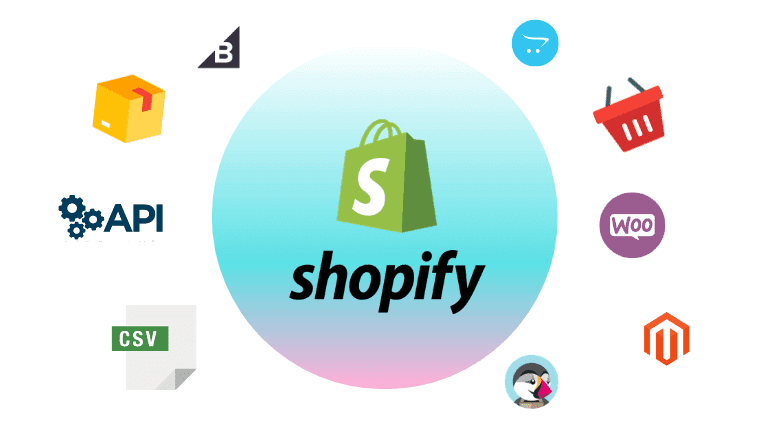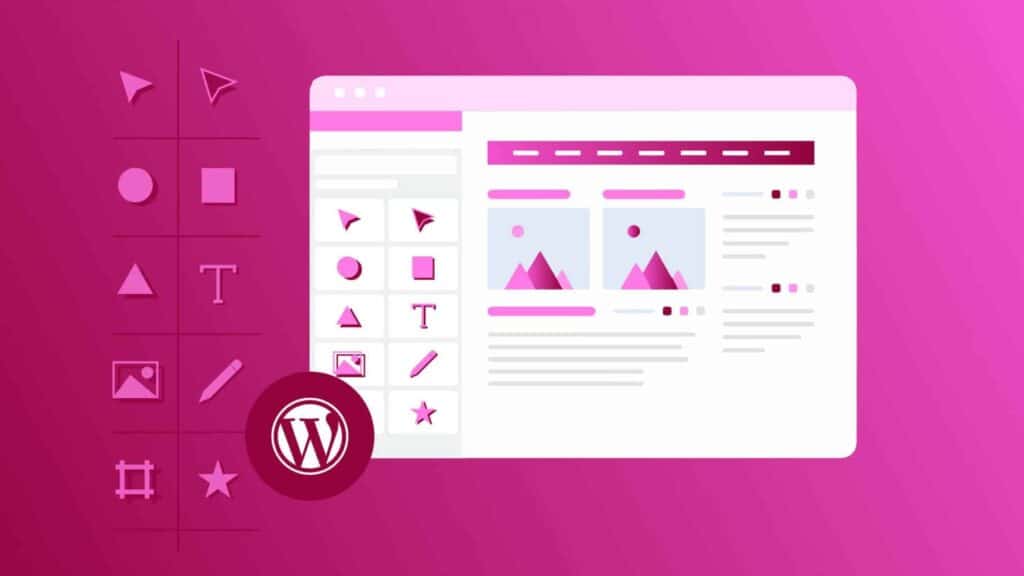E-Commerce and social media have become almost inseparable regardless of what you are selling. If you want to boost your sales, creating an e-commerce site isn’t good enough.
Many of your customers are looking for products on social media platforms. You will lose them unless you have a proactive social media presence.
Social media has become so popular for online sales that many small businesses only have social media accounts or pages. You can grow your email list, attract and retain new customers, and enhance your brand’s visibility through social media.
Social media can increase sales in many ways. However, this article only shares some actionable tips to use social media to boost e-commerce conversions.
Use the Right Content
When you share content on your social media, you have to be very careful. It seems logical that most of your posts should be a sales pitch.
But, too much sales pitch can turn away your audiences. You have to be a bit more creative and technical about your posts. Create content that is useful, shareable, and valuable to your prospects and clients.
Make sure that the experience is social, interactive, and contextual, with your posts focusing on customer stories, sharing news, and providing tips. When creating posts, put customer needs before your own and find a balance between promotional posts and those that inform, educate, and entertain.
Use Hashtags
For better conversions, you must make sure that you use hashtags in all your social media posts. The hash tags you use will help people find your posts when searching for information related to your business.
Relatable hashtags are very crucial in boosting sales and traffic to your business. Many small business owners don’t give too much attention to using hashtags or don’t want to be creative in using different hashtags for different posts.
It’s not right. Using the right hashtags can attract viewers, even if you are relatively new on social media platforms.
Determine the Right Social Media Channel
Not every business is suitable for every social media platform. You have to figure out which platform has the most audience for your products.
If your products are image-focused, you may want to invest much of your efforts on Instagram. If your targeted audience is thirty-plus adults, then Facebook should be an excellent platform for you.
Consider platforms that offer a range of features, multiple ways to advertise and sell products, and a focus on targeting. You might find that some of them are perfect fits for your offerings.
Promote User-Generated Content
User-generated content is always super important. It helps your audience to put more trust in your brands and products. When your audience notices that other customers are talking about your products, they can genuinely understand what your products are all about.
Additionally, customers tend to find products endorsed by people who have used them to be more trustworthy and genuine.
Use Visual Content
Thanks to social media scoring, our attention spans are getting very short nowadays. Instead of a thorough read, we want to get the gist as quick as possible.
I’m not sure it’s a good thing, but you have to consider this aspect very seriously as a business owner. The visual appeal of image or video-based content makes it ideal for using social media to market your business.
Share your product images on image-driven marketing sites like Instagram and Pinterest. Consider adding selfies of customers with your products to your product pages.
Being active in social media helps you to get more visitors to your e-commerce website. Search engines always take it highly if your site starts to get visitors from different sources. Many Social media platforms also have paid options that you can use to promote your business further.





